 The main research interests of our group lie in combinatorics, the study of random discrete structures and the analysis of randomized algorithms.
The main research interests of our group lie in combinatorics, the study of random discrete structures and the analysis of randomized algorithms.
Combinatorial structures of particular interest are graphs and hypergraphs. Indeed, large graphs underpin much of modern society and science, and can be used to model networks in biology, sociology or computer science. These models give rise to a variety of challenging computational problems. The probabilistic perspective arises both as an invaluable method of proof as well as through the analysis of typical properties of combinatorial objects.
For more information see the Combinatorics, Probability and Algorithms in Birmingham page.
Head of Combinatorics Group
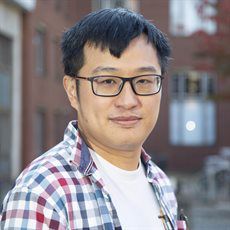
Senior Lecturer
Dr Lo's research interests lie in Extremal and Probabilistic Graph Theory. A typical problem in this field is to determine the necessary conditions for the existence of a fixed spanning subgraph in a graph, edge-coloured graph, orientated graph or hypergraph.
Academic Staff
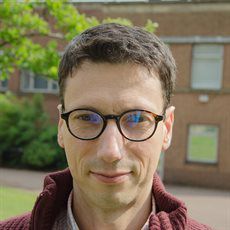
Reader in Probabilistic Combinatorics
Dr Fountoulakis's interests are mainly around random discrete structures and the analysis of random processes on graphs, and connections with computer science and average-case analysis. Recently he worked on the development of the theory of random graphs on the hyperbolic plane and applications to complex networks. He is also interested in percolation phenomena in large finite structures.
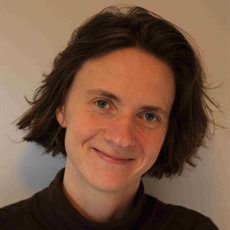
Professor in Mathematics (Mason Chair)
Professor Kühn's research interests lie mainly in Extremal and Probabilistic Combinatorics, as well as algorithmic applications. In particular, she used probabilistic methods to solve several problems on Hamilton cycles in graphs and digraphs, graph decompositions and hypergraph matchings.

Lecturer in Combinatorics
Dr Long's research interests lie in extremal and probabilistic combinatorics, with a emphasis on extremal set theory, graph theory, probabilistic methods in combinatorics, and high-dimensional phenomena. Recently his work has focused on discrete isoperimetric inequalities, graph Ramsey theory and intersection theorems for finite sets.
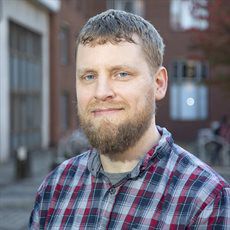
Senior Lecturer
Dr Mycroft's research is primarily in the field of extremal graph theory. Recent results include general sufficient conditions which ensure the existence of perfect matchings and Hamilton cycles in hypergraphs, or which permit the construction of efficient algorithms to find such structures (should they exist).
Professor in Graph Theory
Professor Osthus's research interests are in extremal graph theory, random graphs, randomized algorithms, structural graph theory as well as Ramsey theory. His recent research has included results on Hamilton cycles and more general spanning substructures, as well as decompositions of graphs and hypergraphs.
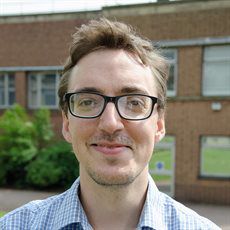
Professor of Mathematics
Professor Treglown's primary research interests lie in Extremal and Probabilistic Combinatorics as well as in Ramsey Theory and Combinatorial Number Theory. He is also interested in graph decompositions and on a number of embedding problems in the directed graph and hypergraph setting.
Research and Teaching Fellows

Leverhulme Early Career Research Fellow
Dr Bowtell's research interests lie in extremal and probabilistic combinatorics, and in particular on problems in extremal hypergraph theory. Her research is primarily focused on finding large structures in hypergraphs under certain given conditions, and finding sufficient conditions under which such structures appear.
PhD Students
Note that not all PhD researchers have requested profiles.